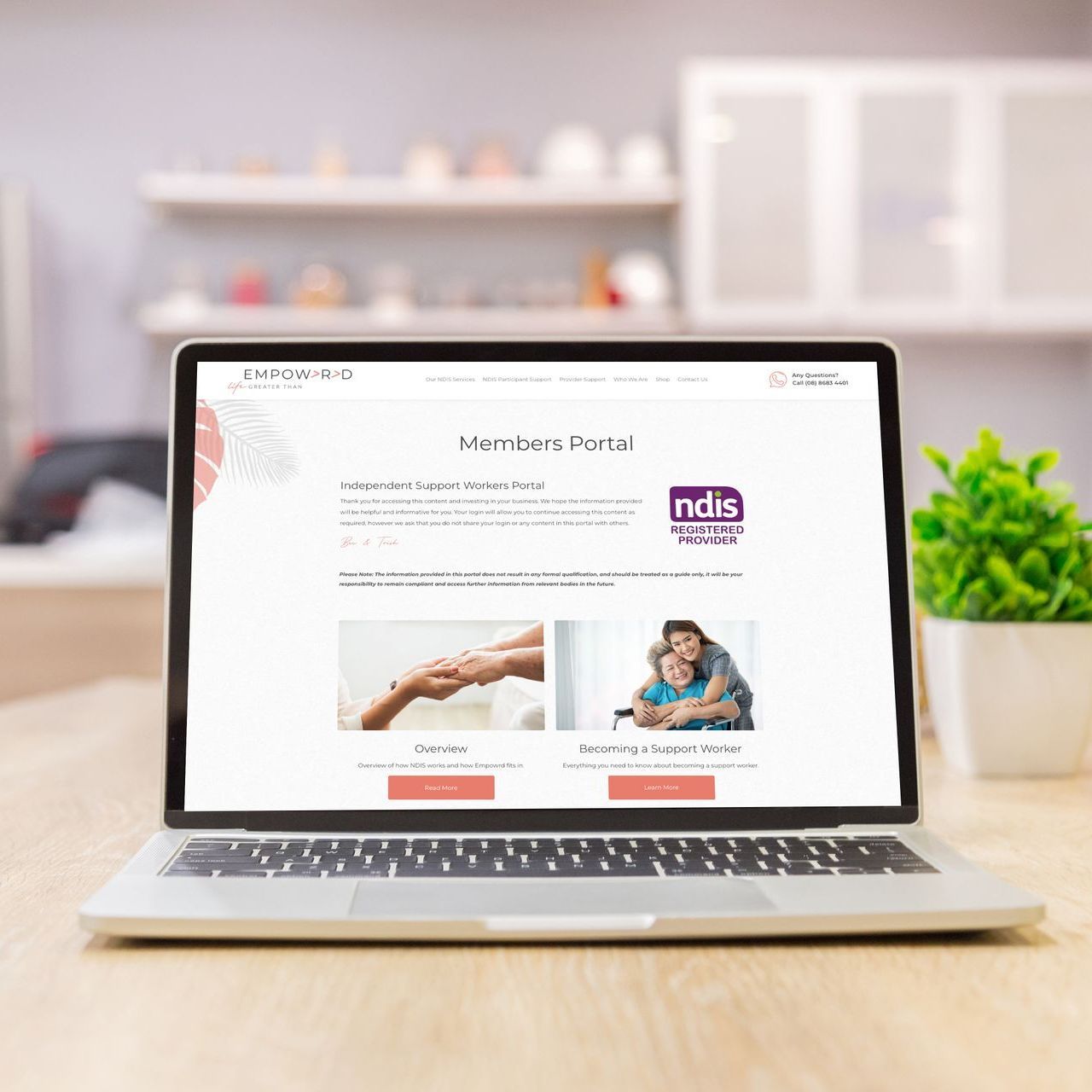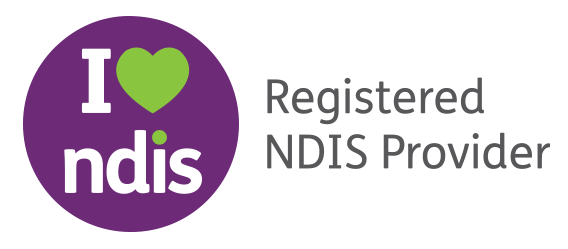How to Set Your Rates and Charge Fairly for NDIS Support Work

Have you decided to become an NDIS Support Worker? Setting the correct rates as an independent NDIS support worker is crucial for ensuring you are fairly compensated while remaining competitive in the industry. Many new support workers struggle with pricing, unsure how to balance clients’ affordability with financial sustainability. This guide’ll explain how to determine your rates, understand NDIS pricing structures, and charge fairly for your services.
1. Understanding NDIS Pricing and Funding
The NDIS funds participants based on their needs, and the NDIS Price Guide & Support Catalogue sets maximum price limits for specific services. As an independent support worker, aligning your rates with these guidelines is not just a requirement, but a key step in understanding the system and ensuring payment compliance and eligibility.
- NDIS Price Limits: The price guide specifies maximum hourly rates for different types of support, which vary based on service type and location.
- Service Categories: Supports fall under Core Supports, Capacity Building, and Capital Supports, which determine how they are funded and billed.
- Checking the Latest Pricing: The NDIS regularly updates its price guide, so it’s essential to stay informed and adjust your rates accordingly.
2. Factors to Consider When Setting Your Rates
Beyond NDIS guidelines, several factors impact your rate structure:
- NDIS Pricing Cap: Ensure your rates do not exceed the NDIS price limits for your services.
- Your Experience & Qualifications: It’s important to remember that your expertise and qualifications are not just a personal achievement, but a factor that can often justify higher rates. This recognition of your value is an essential aspect of setting fair rates.
- Location & Travel Costs: Increased travel time and expenses may justify higher rates in rural and regional areas.
- Business Costs: Consider insurance, admin costs, software subscriptions, and ongoing professional development when calculating your rates.
- Market Demand: Research the rates of other independent support workers in your area to remain competitive while ensuring fair compensation.
3. Charging for Different Types of Services
Your pricing model may vary depending on the services you offer. Here are key considerations:
- Hourly Rates vs. Per-Session Rates: Some services work better with fixed session fees than hourly billing. Assess what works best for you and your clients.
- Short Appointments vs. Longer Shifts: If a client books a brief session, you may need to factor in minimum booking requirements or a higher rate to account for preparation time.
- Cancellation Fees & No-Shows: A fair cancellation policy (e.g., 24-48 hours notice) ensures compensation for lost time.
- After-Hours & Weekend Work: NDIS pricing allows for increased rates for services provided after hours, on weekends, or during public holidays.
4. How Much Should You Charge?

The National Disability Insurance Agency (NDIA) publishes the NDIS Pricing Arrangements and Price Limits, which outline maximum rates for various support services.
Example Rates (as of 2024-2025):
| Service Type | Hourly Rate (Standard) | Hourly Rate (Remote) | Hourly Rate (Very Remote) |
|---|---|---|---|
| Assistance with Self-Care Activities - Weekday Daytime | $67.56 | $94.58 | $101.34 |
| Assistance with Self-Care Activities - Saturday | $95.07 | $133.10 | $142.61 |
| Assistance with Self-Care Activities - Sunday | $122.59 | $171.63 | $183.89 |
| Assistance with Self-Care Activities - Public Holiday | $150.10 | $210.14 | $225.15 |
Recommendations for Setting Your Rates:
- Consult the Latest NDIS Price Guide: Review the NDIS Pricing Arrangements and Price Limits regularly to ensure your rates comply with current guidelines.
- Consider Your Qualifications: Align your rates with your experience and any specialised training, ensuring they reflect the value you provide while staying within NDIS limits.
- Account for Location: Adjust your rates accordingly if you operate in remote areas. The NDIS allows higher charges in these regions.
- Communicate Clearly with Clients: Ensure participants or carers understand that your rates adhere to NDIS guidelines, promoting transparency and trust.
By thoughtfully setting your rates within the NDIS framework, you can provide valuable services to participants while ensuring fair compensation for your expertise and dedication.
5. How to Invoice and Get Paid on Time
To ensure smooth payments, follow these invoicing best practices:
- Create Professional NDIS Invoices: Your invoice should include your name/business name, ABN (if applicable), client details, service description, hours worked, rate charged, and total amount due.
- Payment Terms: To set expectations, clearly state your payment terms (e.g., due within 7 or 14 days).
- Avoid Delayed Payments: Consider using invoice tracking software or automated reminders to follow up on overdue payments.
- GST Considerations: If your income exceeds the GST threshold ($75,000 per year), you must register for GST and apply it to your invoices.
6. Balancing Fair Pricing with Sustainable Income
Setting fair and sustainable rates ensures financial stability while maintaining client affordability.
- Know Your Worth: Understand the value of your services and communicate this to clients.
- Factor in Business Growth: As your experience grows, you may need to adjust your rates to reflect increased expertise.
- For instance, you can include this information in your initial meeting or a welcome packet. This upfront communication helps to set clear expectations and avoid misunderstandings.
Determining fair and sustainable rates as an independent support worker involves balancing compliance with NDIS guidelines, covering business costs, and valuing your expertise. By setting your rates strategically, you can ensure long-term financial stability while providing high-quality support services.
For more guidance on setting up your independent support work business, check out our toolkit for Independent Support Workers for templates, guides, and expert insights.

NDIS Plan Management and Support Coordination
At Empowrd, we are here to make your life easier. Based in Port Lincoln on the Eyre Peninsula, we offer a personal, accessible and holistic approach to NDIS Plan Management and Support Coordination.
We provide Plan Management services across Australia, assisting with financial administration, and offer Support Coordination to participants in Port Lincoln and Eyre Peninsula, connecting them with the right supports and providers. Our goal is to ensure your NDIS plan works for you, so you can focus on achieving your goals and doing what you love.

Want to Become a Support Worker?
Our Independent Support Workers Education Portal provides everything you need to navigate the NDIS, find work, and confidently offer services as an Independent Support Worker. For just $65, you will gain access to comprehensive guides, essential resources, and ready-to-use templates to streamline your work.
Inside, you will find:
- A clear breakdown of how the NDIS works
- Tips for finding jobs and delivering services
- Step-by-step guidance on invoicing and support planning
- Ready-to-edit templates for quotes, service agreements, invoices, and case notes
Need just the templates? You can also purchase them separately as standalone resources.
I hope you enjoy reading this blog post.
If you are ready to be Empowrd to live your life to the fullest, let us steer you on the right path.
Be EMPOWRD to Live Your Best Life
If you are ready to be Empowrd to live your life to the fullest, let us steer you on the right path. To get started, all you have to do is sign up using our online enquiry form and we’ll get back to you shortly.













